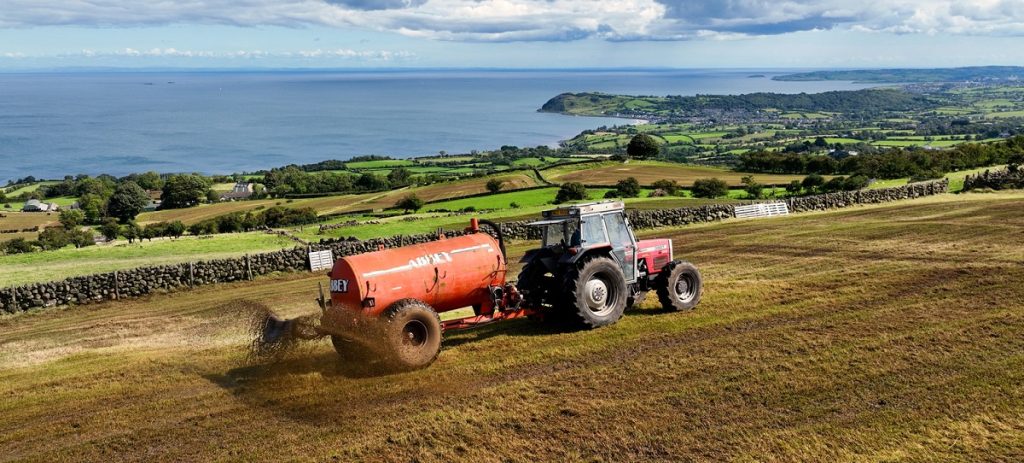Researchers from Scotland’s Rural College (SRUC) are leading five projects, and supporting a further three, to help address the challenge of reaching net zero through agri-food.
The projects include a study looking at the motivation and incentives behind the uptake of emission-reducing practices by livestock farmers and food processors; an investigation into the link between animal health and emissions; and a pilot study looking at transforming household food waste into fertiliser.
They are among 16 innovative projects that have received funding from the UKRI Agri-food for Net Zero Network+ (AFN Network+) – a £5 million three-year project which brings UK researchers, industry leaders, government bodies and members of the public together to explore effective ways to help industry reduce greenhouse gas emissions and improve environmental sustainability.
The UK’s agri-food industry produces around a quarter of the country’s greenhouse gas emissions and therefore it is vital to reduce these if the country is to meet its net zero goals by 2050.
The projects, which were awarded £10k over 12 months, include one focused on consumer attitudes towards alternative protein, led by Toritseju Begho in collaboration with Nourish Scotland – a charity that works for a fair, healthy and sustainable food system.
He said: “This project represents an exciting opportunity to explore ways to fundamentally transform the UK’s food system towards environmental sustainability.
“Our main objective is to explore the potential for integrating alternative proteins into British diets, recognising that our current levels of consumption of traditional meat is environmentally unsustainable.
“Through a consumer survey and stakeholder discussion, we aim to better understand the UK public’s readiness to embrace other protein sources, such as plant-based, lab-grown meats, insects, and other alternatives that are more sustainable than traditional meat.
“This is not just about replacing meat; it is about aligning dietary shifts with net-zero goals while acknowledging personal preferences and cultures and recognising that the change may be gradual for some.”
Another project will develop a web app to help farmers forecast greenhouse gas emissions from their manure.
Lead researcher Daniel Fletcher said: “Greenhouse gas emissions from the storage of manure from all livestock in the UK is estimated to make up 16 per cent of the global warming potential of our agricultural emissions. The amount of greenhouse gas emitted increases with the temperature at which the manure is stored. So, if large quantities are stored over a warm period, emissions can be high.
“To help reduce these emissions, I will develop an interactive web application that allows farmers to see personalised forecasts of their greenhouse gas emissions from stored manure, allowing them to make effective decisions.
“This AFN Network+ funding will help me improve the functionality of the web app through user testing and model development.”
For more information about all the projects, visit: 2023 FUNDED SCOPING STUDIES – AgriFood4NetZeroNetwork+






